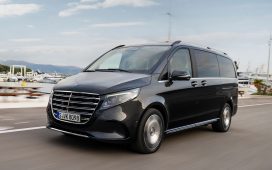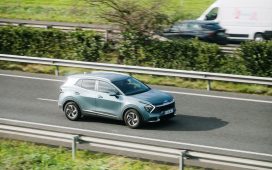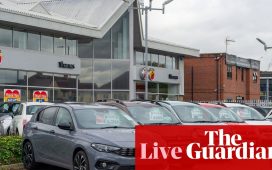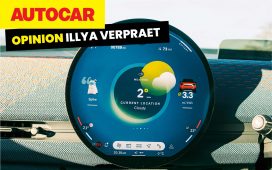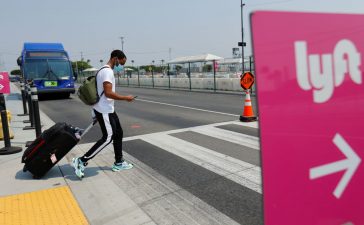It’s been years since the city of Chicago has had a prolonged period of cold weather like this, and some residents are learning the hard way that electric vehicles have difficult coping with the frigid conditions too.
In Evergreen Park, residents were seen lined up for hours as they attempted to charge their cars.
“You have to come up here, wait two hours to get into the charger. They tell you it’s fast, but then it takes two hours to charge your car,” Marcus Campbell said.
Several cars had to be towed away from the line on Monday as air temperatures struggled to get above zero degrees Fahrenheit.
Owners have been dealing with the issues around reduced battery life and range since temperatures began to plunge on Saturday.
“I think EV owners are discovering for the first time, and it’s what gas car owners knew decades ago, that when it gets really cold, you don’t want to get too low on your power supply,” Carfax.com Editor in Chief Patrick Olsen said.
Studies illustrate just how much that power level is reduced. In Norway, where half of the new cars purchased are electric, the Norwegian Automobile Federation found that EV’s lose approximately 20% of their driving range in the cold. AAA meanwhile found that percentage could more than double if the car’s heating system was on full blast.
While some cars fared better than others in tests, including the Tesla Model S, which lost approximately 4% of its range when the temperature dropped below 32 degrees, others struggled. Recurrent, a research firm, found the Chevy Bolt lost approximately one-third of its range when the mercury dipped below freezing. The BMWi3 also lost range, as did the Hyundai Kona in tests.
That range loss is why Olsen says having an in-home charger is so critical, and if you’re away from home, to know where express chargers are.
“Plan ahead,” he said. “Make sure you know where your level two and three chargers are so you can get there.”

